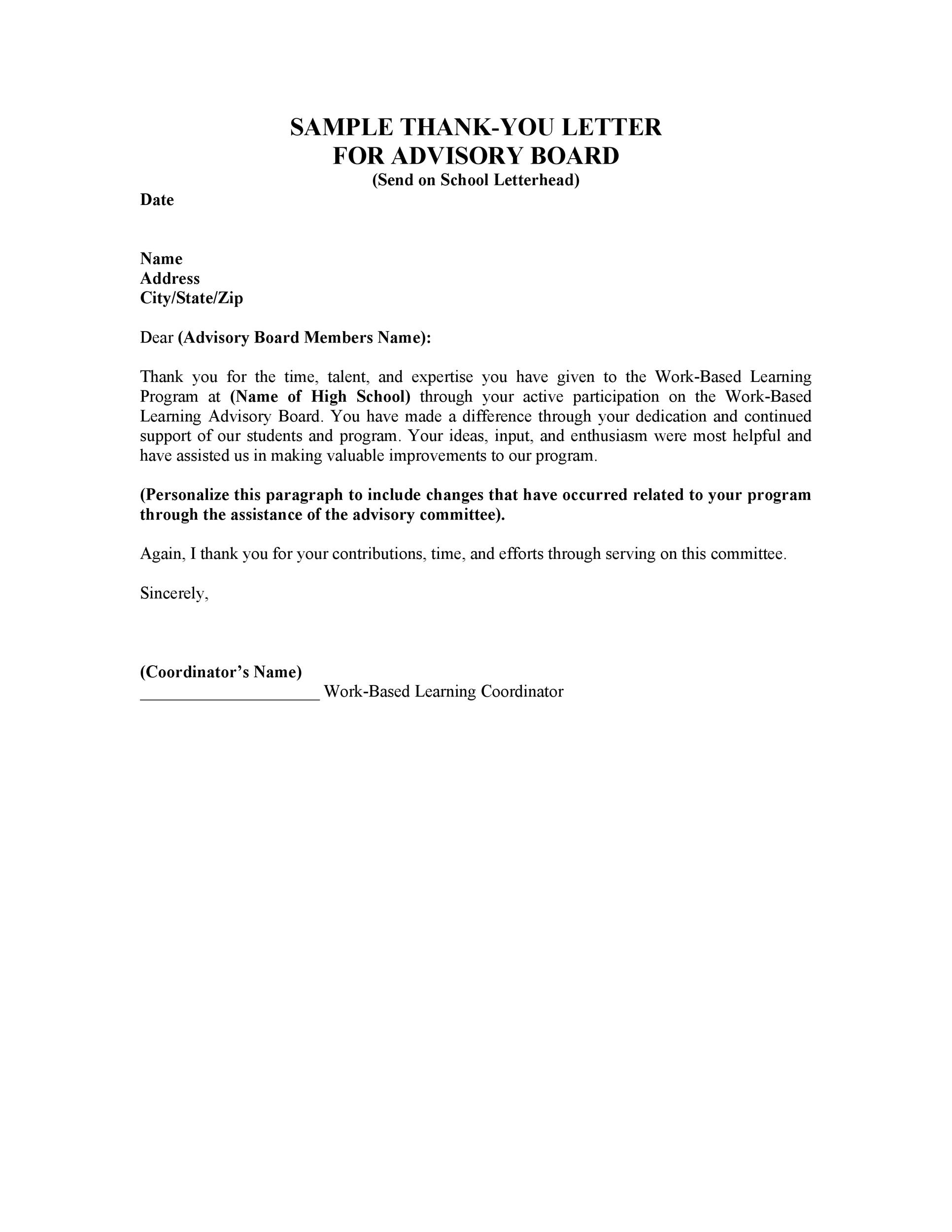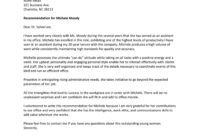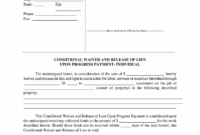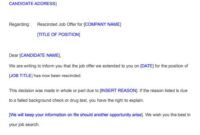Sending a professional thank you letter might seem like a small gesture, but it can leave a lasting positive impression and significantly strengthen your professional relationships. In a competitive world, standing out often comes down to attention to detail and a genuine display of gratitude. Whether you’re following up after an interview, acknowledging a valuable referral, or thanking a mentor for their guidance, a well-crafted thank you note reinforces your professionalism and commitment.
This isn’t just about good manners; it’s a strategic tool. A thoughtful thank you can reiterate your interest in a position, solidify a new connection, or simply brighten someone’s day, paving the way for future interactions. But sometimes, knowing exactly what to say and how to structure it can be a challenge. That’s where a reliable professional thank you letter template comes in handy, providing a clear framework while allowing for your unique touch.
Crafting the Perfect Professional Thank You Letter
A truly effective professional thank you letter goes beyond a simple “thanks.” It’s an opportunity to reiterate your understanding of a situation, highlight specific points of discussion, and reinforce your enthusiasm or appreciation. Think of it as a brief, positive follow-up that reminds the recipient of your excellent qualities and shows you value their time and effort. It’s a chance to keep the conversation going, even if subtly, and to demonstrate your communication skills.
The secret to a great thank you letter lies in its blend of sincerity and professionalism. While a template provides structure, the content must always be personalized to the specific interaction. Generic messages can often fall flat, seeming impersonal and rushed. Instead, aim to recall particular details, conversations, or actions that made an impact on you, weaving them into your message to show you were truly engaged and appreciative.
Consider the recipient and the context. A thank you letter to a hiring manager after an interview will differ in tone and content from one sent to a colleague who helped you with a project. The former might reiterate your qualifications and excitement for the role, while the latter might focus on their specific assistance and its positive impact on your work. Always tailor your language to reflect the nature of your relationship and the professional setting.

Timeliness is also crucial. While the exact timeframe can vary, generally, a thank you letter should be sent within 24 to 48 hours of the interaction. This shows promptness and keeps you fresh in the recipient’s mind. Whether you choose email or a handwritten note depends on the industry, your relationship with the person, and the overall formality of the situation. For most professional contexts today, email is perfectly acceptable and often preferred for its speed.
Key Components of an Effective Thank You Letter
- Your Contact Information: Your name, phone number, email, and optionally your LinkedIn profile.
- Date: The day you are sending the letter.
- Recipient’s Contact Information: Their name, title, company, and address.
- Professional Salutation: A formal greeting, such as “Dear Mr. Smith” or “Dear Ms. Johnson.”
- Opening Statement: A clear and concise expression of your gratitude for their time or assistance.
- Specific Reference: Mention the exact reason for your thanks, referencing specific conversations, advice, or opportunities.
- Highlighting Impact or Benefit: Explain how their interaction or assistance was valuable to you.
- Reiteration of Interest (if applicable): For interviews, restate your enthusiasm for the role and company.
- Forward-Looking Statement: A professional closing that expresses hope for future interaction or continued connection.
- Professional Closing: Such as “Sincerely,” “Regards,” or “Best regards.”
- Your Typed Name: Followed by your signature if sending a physical letter.
Practical Tips for Using a Professional Thank You Letter Template
When you’re faced with a blank page, a professional thank you letter template can be your best friend. It provides a solid foundation, ensuring you don’t miss any critical elements while helping you structure your thoughts clearly and professionally. However, it’s vital to remember that a template is a starting point, not a final solution. Copying and pasting generic text will undermine the very purpose of sending a thank you note, which is to convey genuine appreciation.
The real power of a template comes from its ability to guide you. It prompts you to include your contact details, address the recipient correctly, and remember a professional closing. But the heart of the letter – the specific reasons for your gratitude and any unique details from your interaction – must always come from you. Take the time to personalize each section, making sure every sentence reflects the specific person and situation you are thanking them for.
Think about the different scenarios where a thank you letter can make a difference. After a job interview, it allows you to reiterate your interest, perhaps clarify a point, or mention something you forgot to say. Following a networking event, it solidifies a new connection and opens the door for future communication. If someone provided a referral or mentorship, a thank you shows you value their support and are appreciative of their efforts on your behalf.
Always proofread your thank you letter meticulously before sending it. Typos or grammatical errors can detract from your professional image, no matter how sincere your message. Read it aloud to catch awkward phrasing, and if possible, have someone else quickly review it. Ensure the tone is appropriate for the context – polite, appreciative, and professional. With these considerations, a professional thank you letter template truly becomes a valuable asset in your communication toolkit.
Integrating the habit of sending timely and personalized thank you letters into your professional routine can significantly enhance your personal brand. It demonstrates conscientiousness, strong communication skills, and a respectful attitude, qualities that are highly valued in any industry. By consistently expressing gratitude, you foster stronger relationships, open doors to new opportunities, and build a reputation as a thoughtful and considerate professional.



